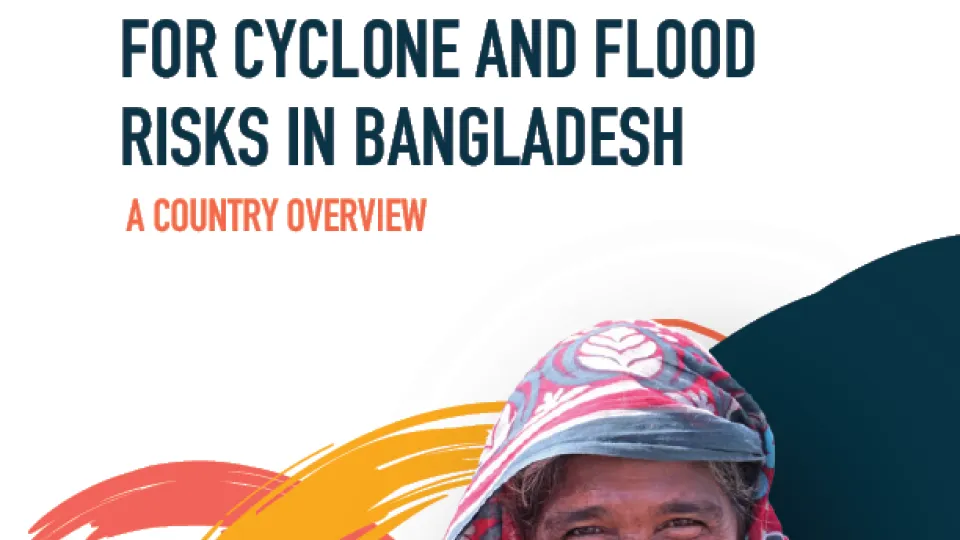
Early Warning Systems for Cyclone and Flood Risks in Bangladesh
This report, published by Start Network in collaboration with Nirapad, assesses the current status of Bangladesh's early warning systems for floods and tropical cyclones.

This report, published by Start Network in collaboration with Nirapad, assesses the current status of Bangladesh's early warning systems for floods and tropical cyclones.
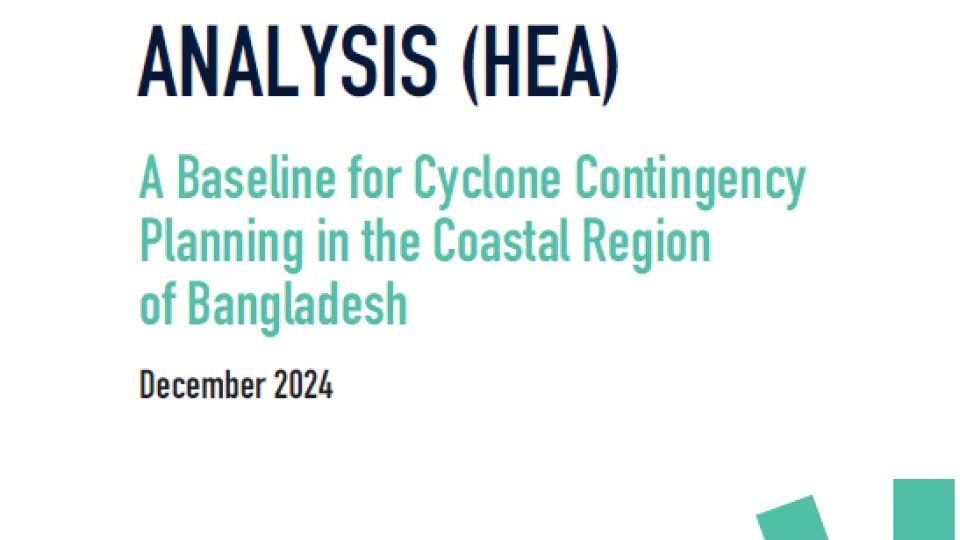
A baseline for cyclone contingency planning in the coastal region of Bangladesh.
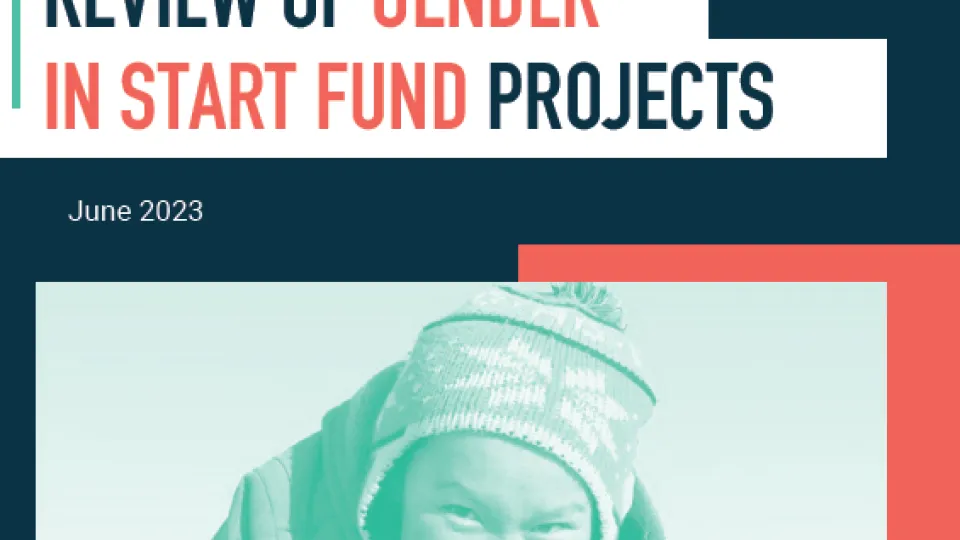
This review aims to assess the extent to which gender considerations have been successfully integrated throughout Start Network members’ and their partner agencies’ activities implemented as part of the Start Fund alert cycle.
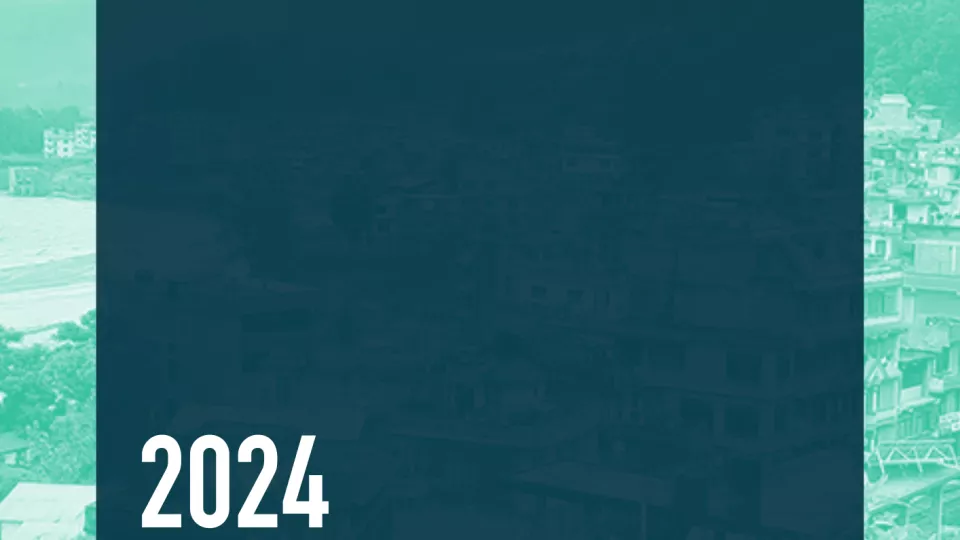
As a fund exclusively led and managed by civil society, the Start Fund has changed the ways in which aid has been allocated and disbursed, ensuring that humanitarian action is better accountable to those affected and at risk.
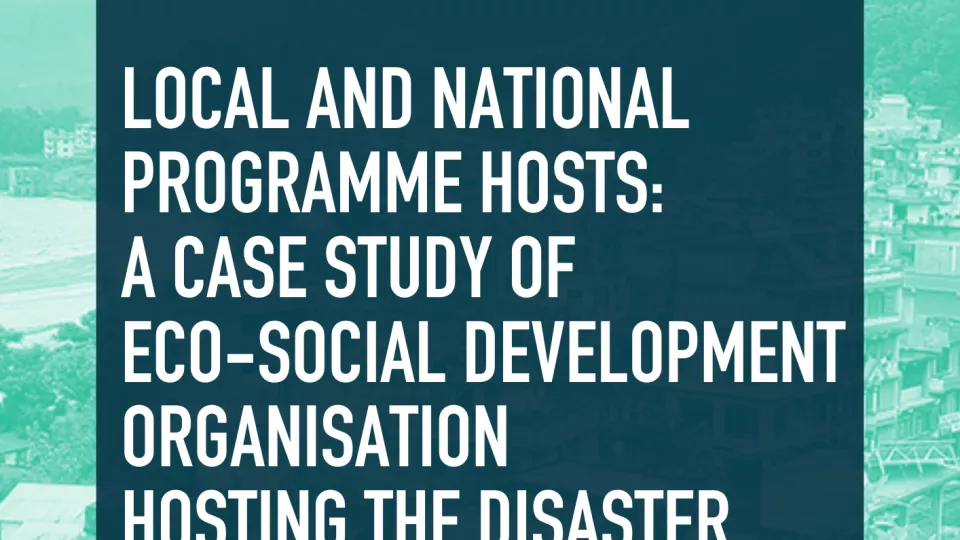
Start Network aims for a locally-led humanitarian system, and the transition is already underway through the development of networks (known as ‘hubs’). Start Network hubs are collectives of local, national, and international organisations or humanitarian responders operating in the same country or region. Hubs come together through a vision of system change, to tackle the deep-rooted issues in humanitarian responses within their contexts. They are supported by the Global Start Network but ultimately, they control their resources and define their responses to crises affecting and threatening their communities.
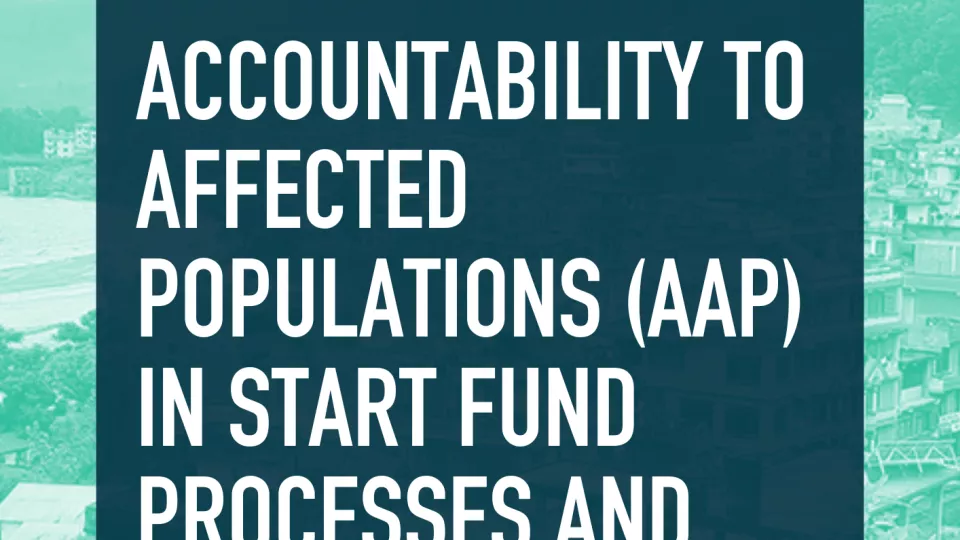
In June 2023 the Start Fund commissioned an annual external evaluation to examine accountability to affected populations (AAP) in Start Fund projects and processes. The evaluation aimed to assess the extent to which accountability principles and good practices can be incorporated into all stages of the Start Fund alert cycle, specifically considering challenges of the short timeframes of 72 hours between alert raising and project selection and 45 to 60 days for project implementation.
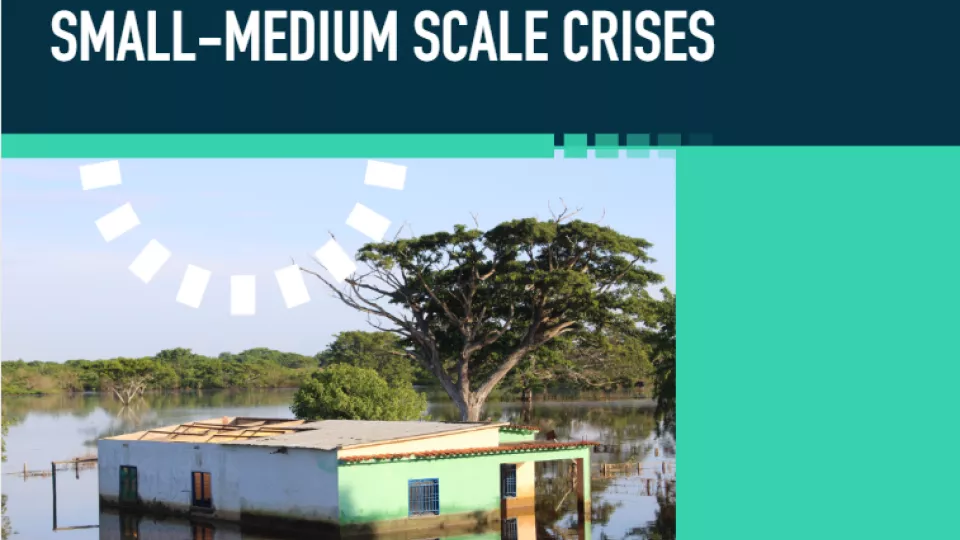
This report summarises research for the Global Start Fund on climate change impacts on small and medium-scale crises.
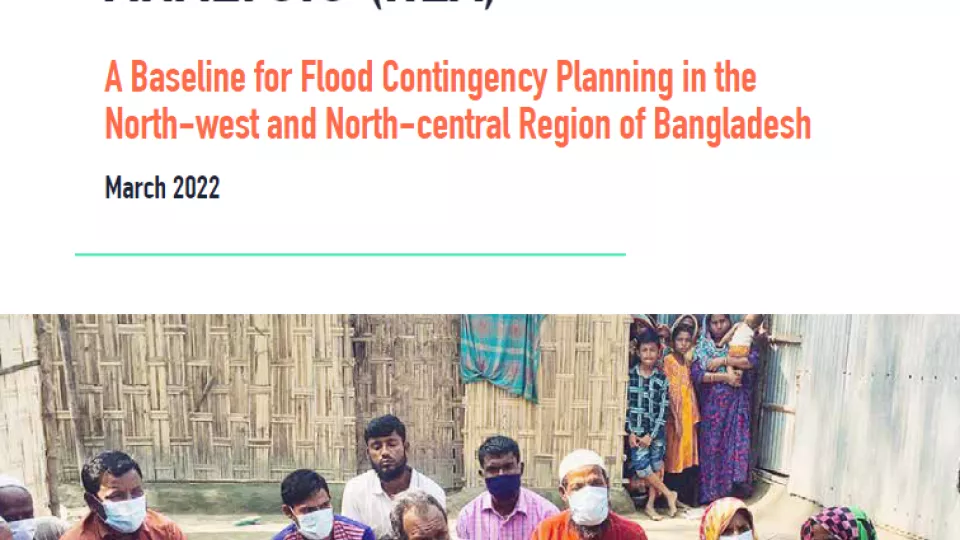
In October 2021, Start Fund Bangladesh commissioned a detailed livelihood study applying the household economy analysis (HEA) framework.
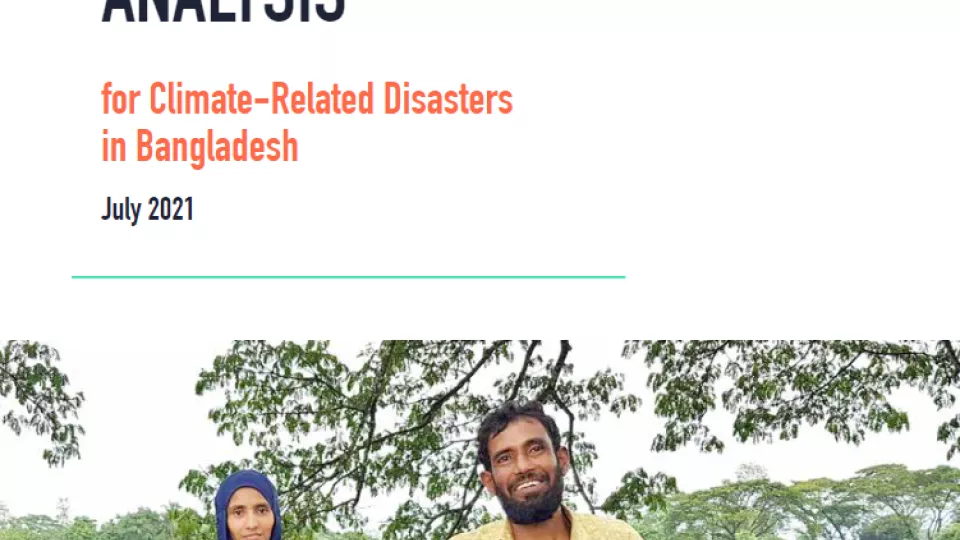
The objective of the study “Financial Flow Analysis for Climate-related Disaster in Bangladesh” has been three-fold. First, it has provided a background of the trend of funding flows entering the country to address climate-related disasters; then the funding gap has been analyzed considering the funding that was applied for collectively by the humanitarian actors and what was subsequently received from different donors; finally, the study explored the crisis anticipation and response mechanisms of Start Fund Bangladesh (SFB) to gain a better understanding of its recent activities.
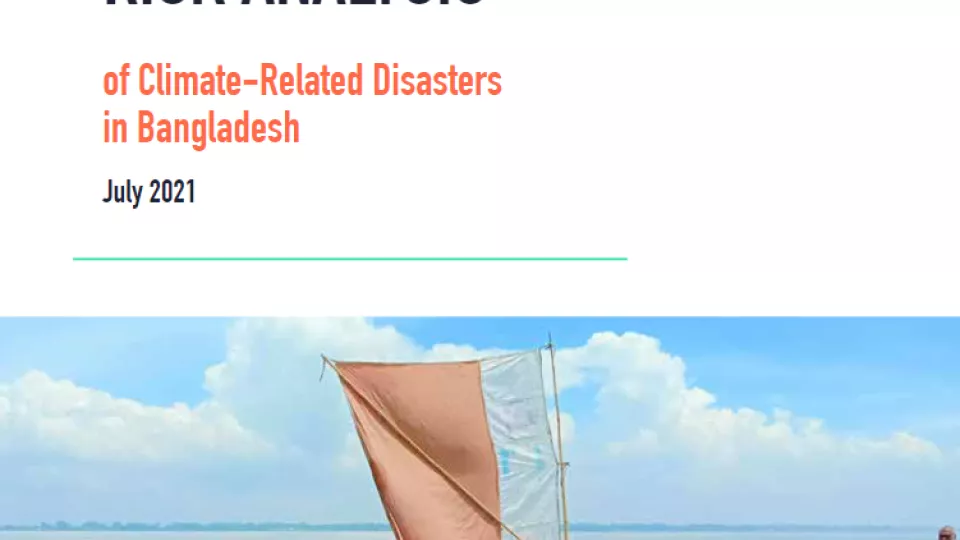
Bangladesh is highly vulnerable to recurring hazards and this situation is going to exacerbate due to the impacts of climate change.